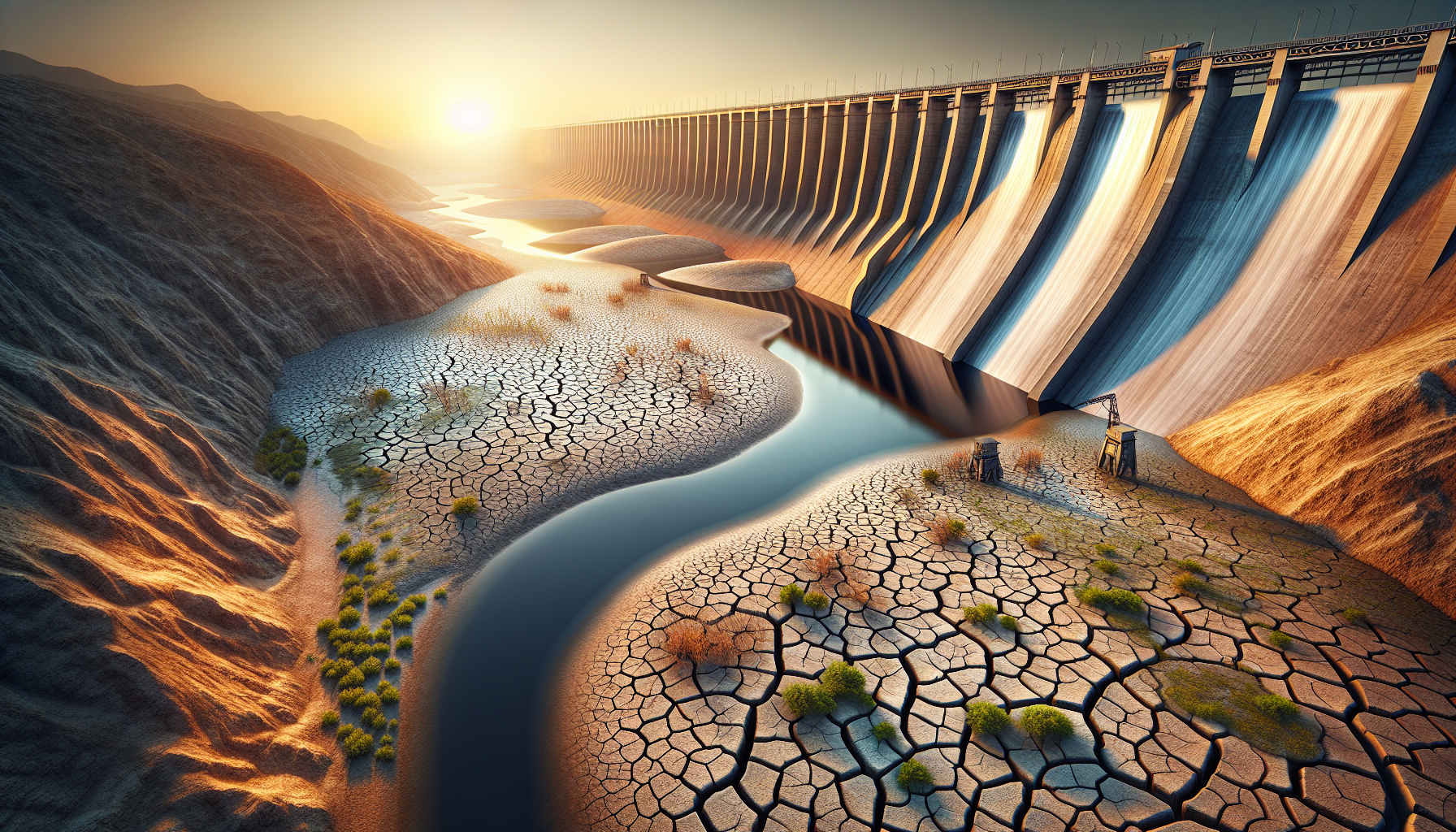The term “Hydrocide” or “Hydrological Genocide” refers to the deliberate manipulation, destruction, or contamination of water resources to cause harm or even eliminate a specific population or group. Water is a fundamental necessity for life, and control over it can be a powerful tool for oppression. The concept involves actions that intentionally deprive people of clean, safe water, either by damming rivers, polluting water supplies, diverting water from communities, or by outright destruction of water sources.

Hydrological genocide can manifest in various forms, such as:
- Water Scarcity Induced by Dams or Diversions: Governments or other powerful entities may build dams or divert rivers, cutting off water supply to communities downstream, leading to drought and famine, or causing unexpected floods during the monsoon, and forced migration.
- Pollution and Contamination: The intentional contamination of water sources with harmful chemicals, waste, or biological agents can render water undrinkable, leading to disease, death, and the collapse of affected communities.
- Denial of Water Infrastructure: In conflict zones or occupied territories, the occupying forces might refuse to build or maintain essential water infrastructure for the local population, leaving them without access to clean water.
“Hydrocide,” a term coined by Dr. Bayes Ahmed at University College London (UCL), merges the concepts of “hydrology” and “genocide” to describe a new form of systemic violence. This framework specifically examines the deliberate manipulation of water resources to inflict harm on a targeted population, which can lead to widespread suffering, displacement, and even death.




